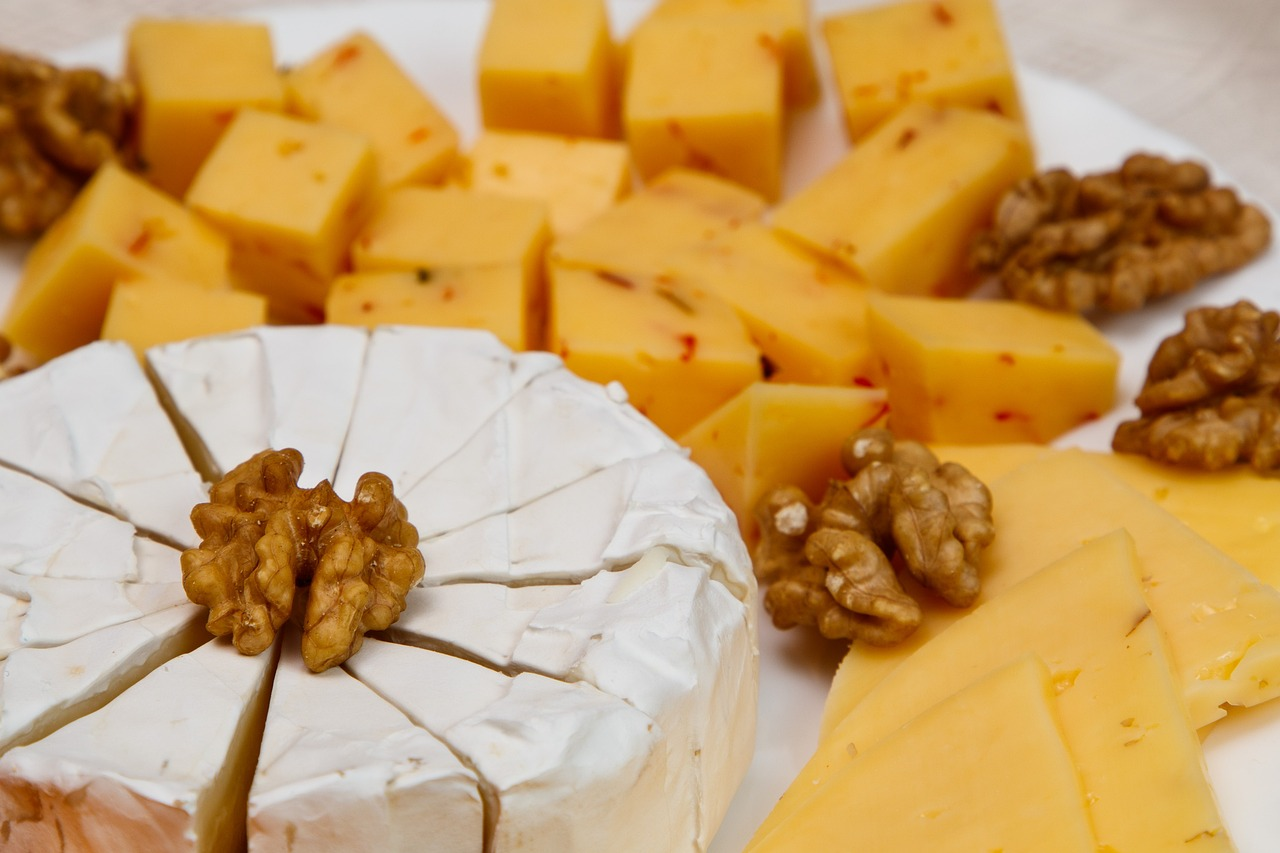
What Can’t You Boil Down?
As it's easier to list what you can't preserve rather than what you can, I've created a list of foods that can't be preserved. This post was written by Dietl Stefan Markus Bastian (SMBD) from the Fryd community.
This Article Contains:
Quick Overview
What Can’t I Boil Down?
- Products containing gluten
- Fresh or freeze-dried parsley
- Dairy products and milk
- Seafood
- nuts
- pectin
- oil
- Bay leaves (only cook with, then remove)
Exception: Milk and dairy products as well as flour can be cooked into solid masses such as cakes or bread.
What Cannot Be Boiled down or Only to a Limited Extent?
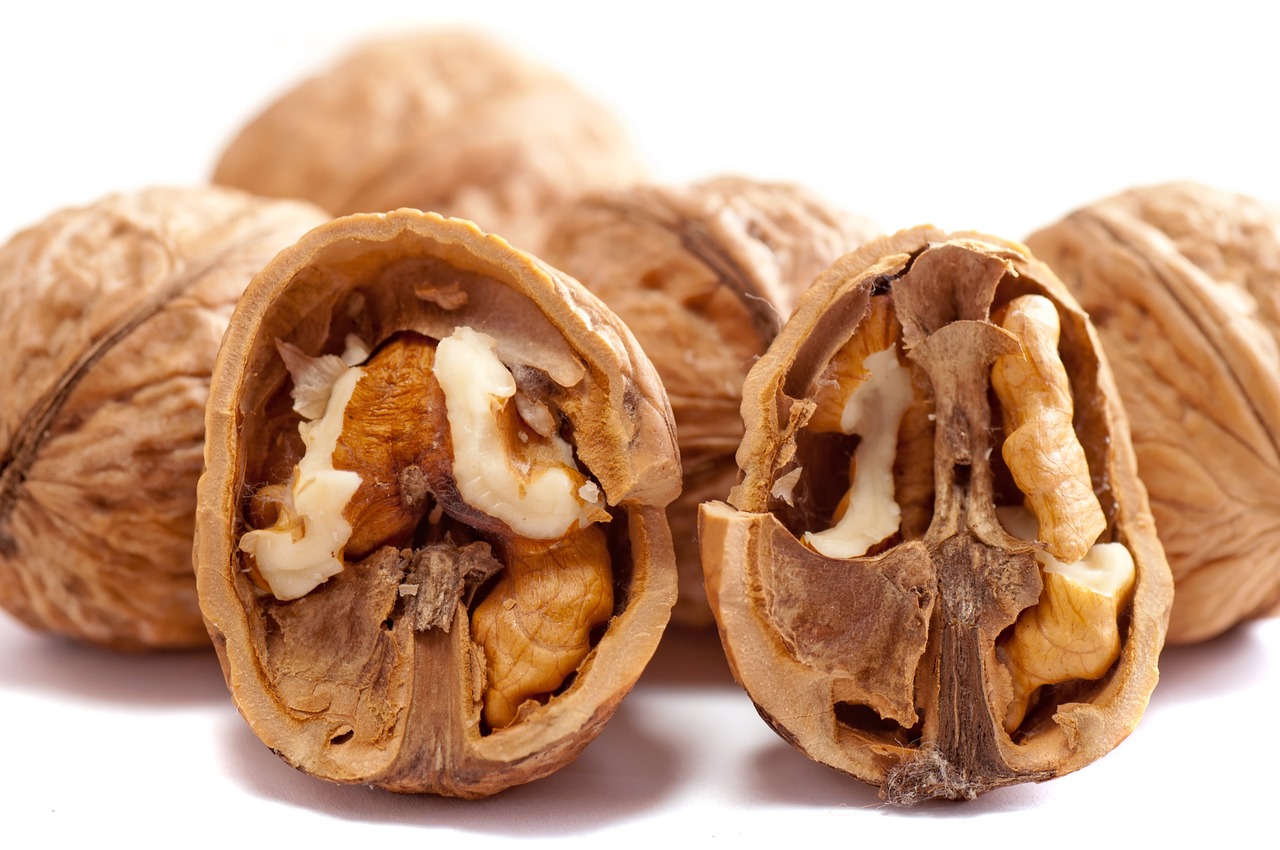
- Products containing gluten, as it would otherwise ferment (e.g. wheat, spelt, oats)
- Vegetable broth containing gluten
- Fresh parsley and freeze-dried parsley. Both still contain bitter substances. This makes the food bitter
- Vegetable stock with parsley (if not powdered)
- Milk and dairy products (including butter)
- Seafood
- nuts
- Products containing carboxymethyl cellulose (methyl cellulose can be boiled down, but carboxymethyl cellulose cannot)
- Tying aids for roulades etc. such as yarn, clips or needles
- Bay leaves can be cooked, but must be removed from liquid dishes before cooking. (otherwise everything will taste extremely like bay leaf afterwards). For solid dishes (e.g. pork in its own juice), the bay leaf can be placed at the bottom of the jar.
- Oil (becomes rancid over time)
- Bones and cartilage (remove before cooking)
- Smoked over coniferous wood
- Pectin, as it becomes liquid again
- E466 (obtained from coniferous wood)
Exception:
Milk and dairy products as well as flour can be cooked in solid masses (e.g. cakes) (1.5% UHT milk). Gluten can also be boiled down in solid baked masses, such as in a cake. It is then inactivated (baked to death, so to speak) and does not ferment. Cakes can therefore be cooked (30 minutes at 100 degrees).
What Can Be Used Instead?
- Gluten-free starches (based on corn, rice, potato or manioc starch)
- Dried parsley
- Iodized salt (note, some people don't like the taste afterwards, others don't notice any difference) (only not usable during fermentation)
- Stock cubes (without barley malt extract)
- Cereal-based flavorings (e.g. wheat flavoring, yeast extract)
- "may contain traces of..."
- clarified butter
- Gluten-free vegetable stock (if it is not a powder, then without parsley)
If you have any questions or comments, please write to us at [email protected]. Would you like to receive helpful gardening tips all year round and plan your own beds optimally? Then register here or download the Fryd app for Android or iOS.
Fryd - your digital bed planner
Cover picture by Alexei on Pixabay.

Fryd Community
Contributions from members of the Fryd community.
Current Topics in the Community
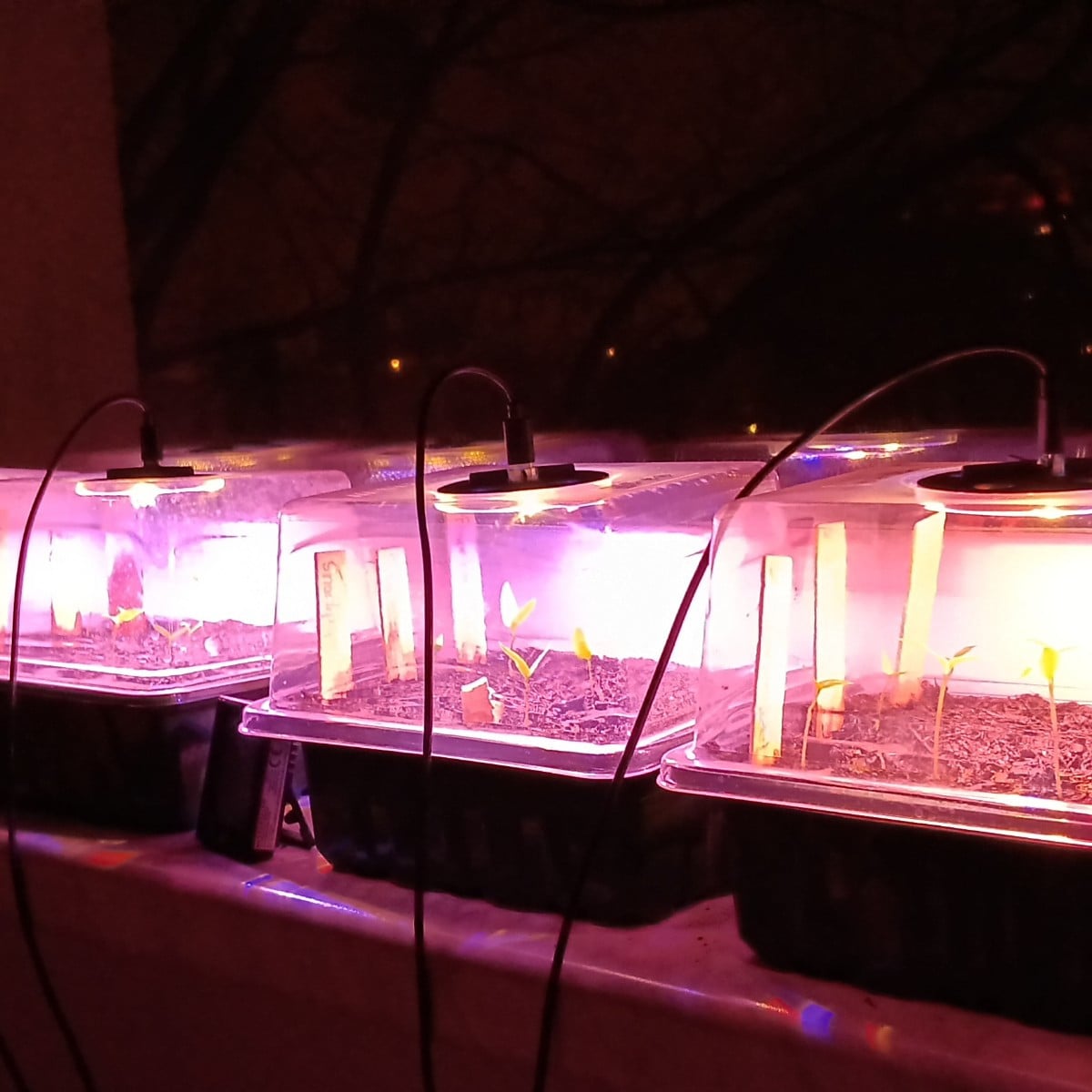
Liked 1 times
It's so green...! ☺️☺️ Some are still struggling to break through the soil. Unfortunately, the snack peppers and Ingrid peppers haven't arrived yet. Otherwise, at least one plant of each variety (Habanero Hungarian) and up to four other plants have arrived. 👍👍👍
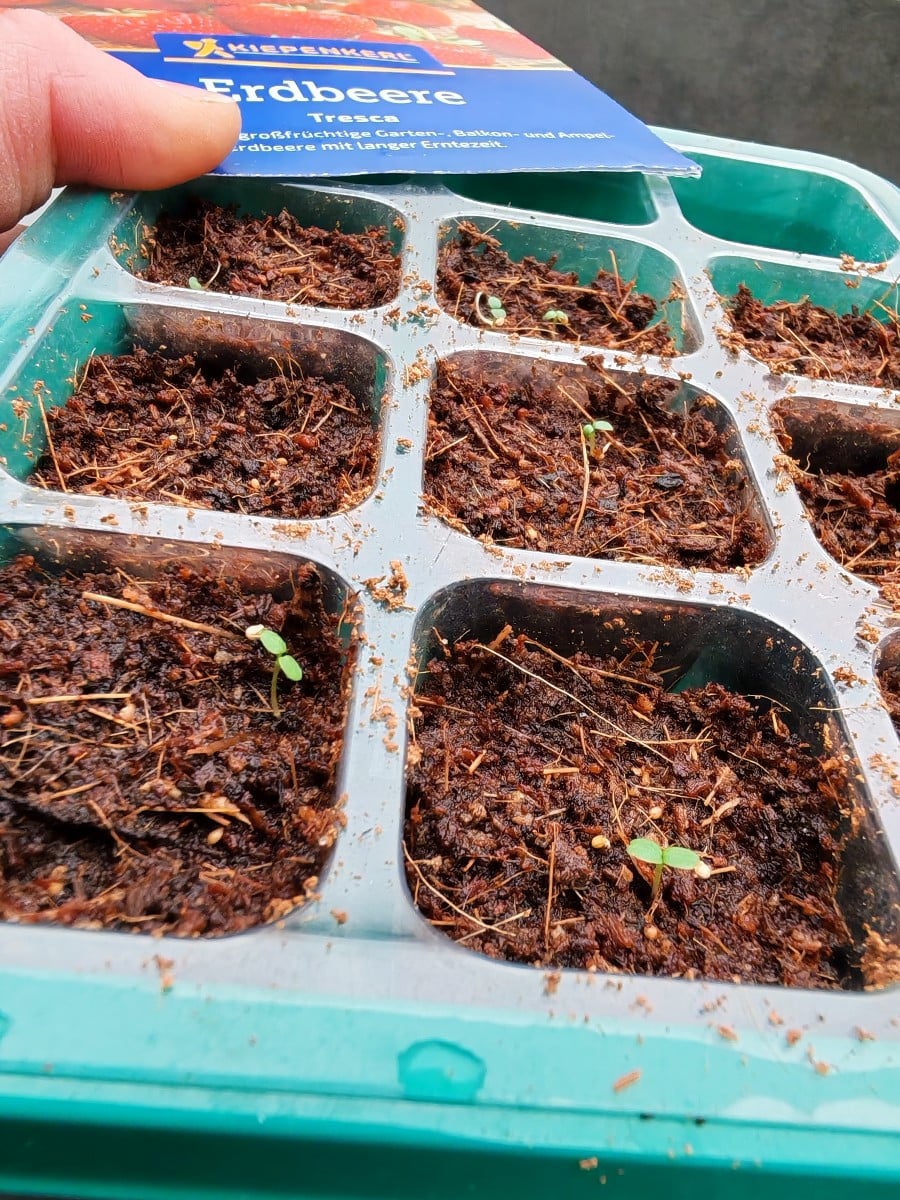
Liked 3 times
OMG, the strawberries are so small 🍓 Will we still be able to harvest fruit this year?
Show 1 answerLiked 5 times
Now the order with Rühlemann is still out! After raiding two garden centers in England, I still needed some more special items! - Spice fennel - Garlic mustard - Giant goosefoot - Perilla (Schiso) - Italian parsley - Red Genovese basil - Greek mountain tea - Wild celery - Red and orange marjoram I hope that some of these will spread wildly in the garden. Garlic mustard is my favorite wild herb, for example in pesto with roasted hazelnuts—delicious!
Show 7 answersPopular Articles
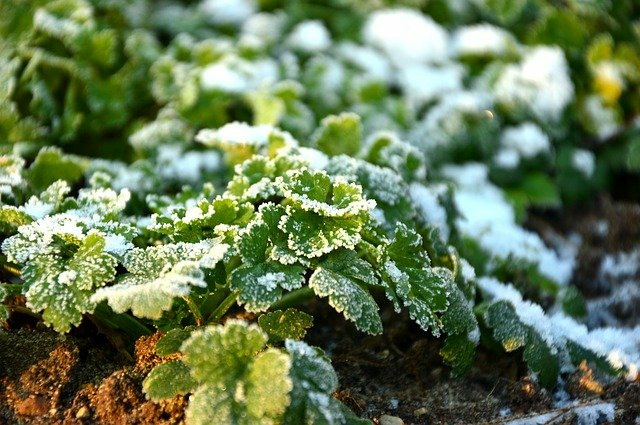
Overwintering Parsley: How to Do It Successfully
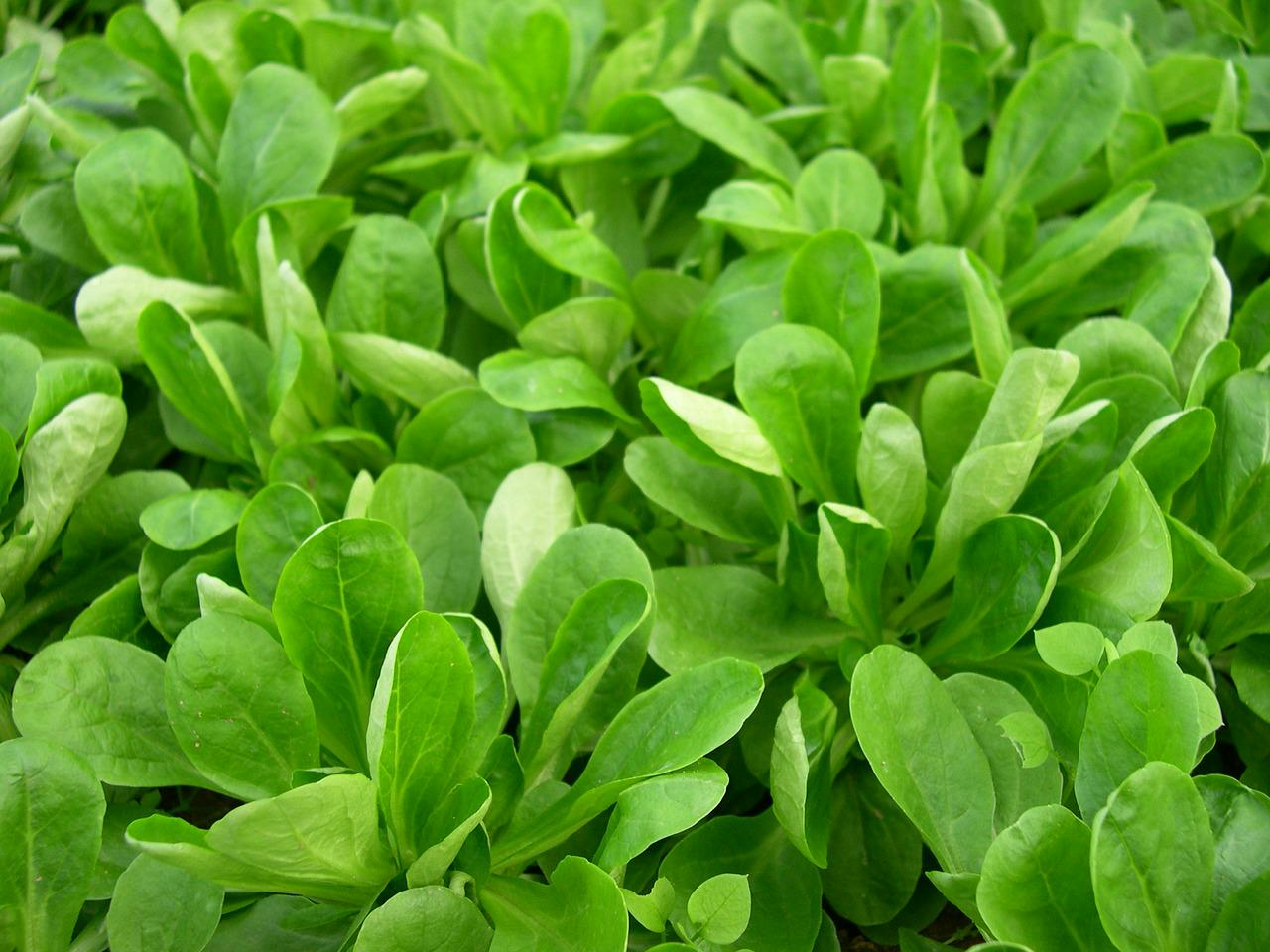
How to Grow Lettuce in Winter: Varieties, Sowing, Harvesting

Growing Sage Plant: Tips for Sowing and Harvesting
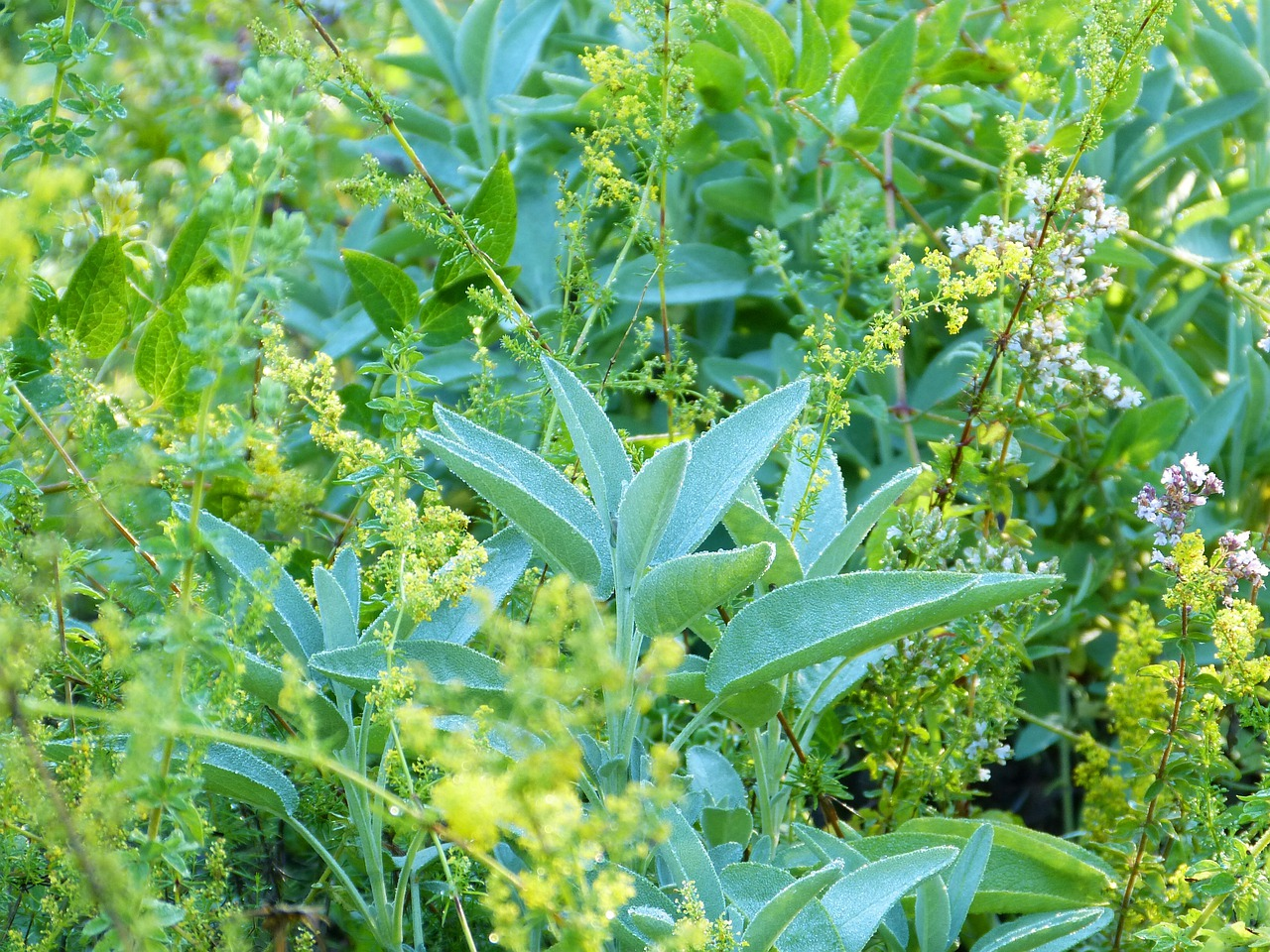
What Herbs Can Be Planted Together?
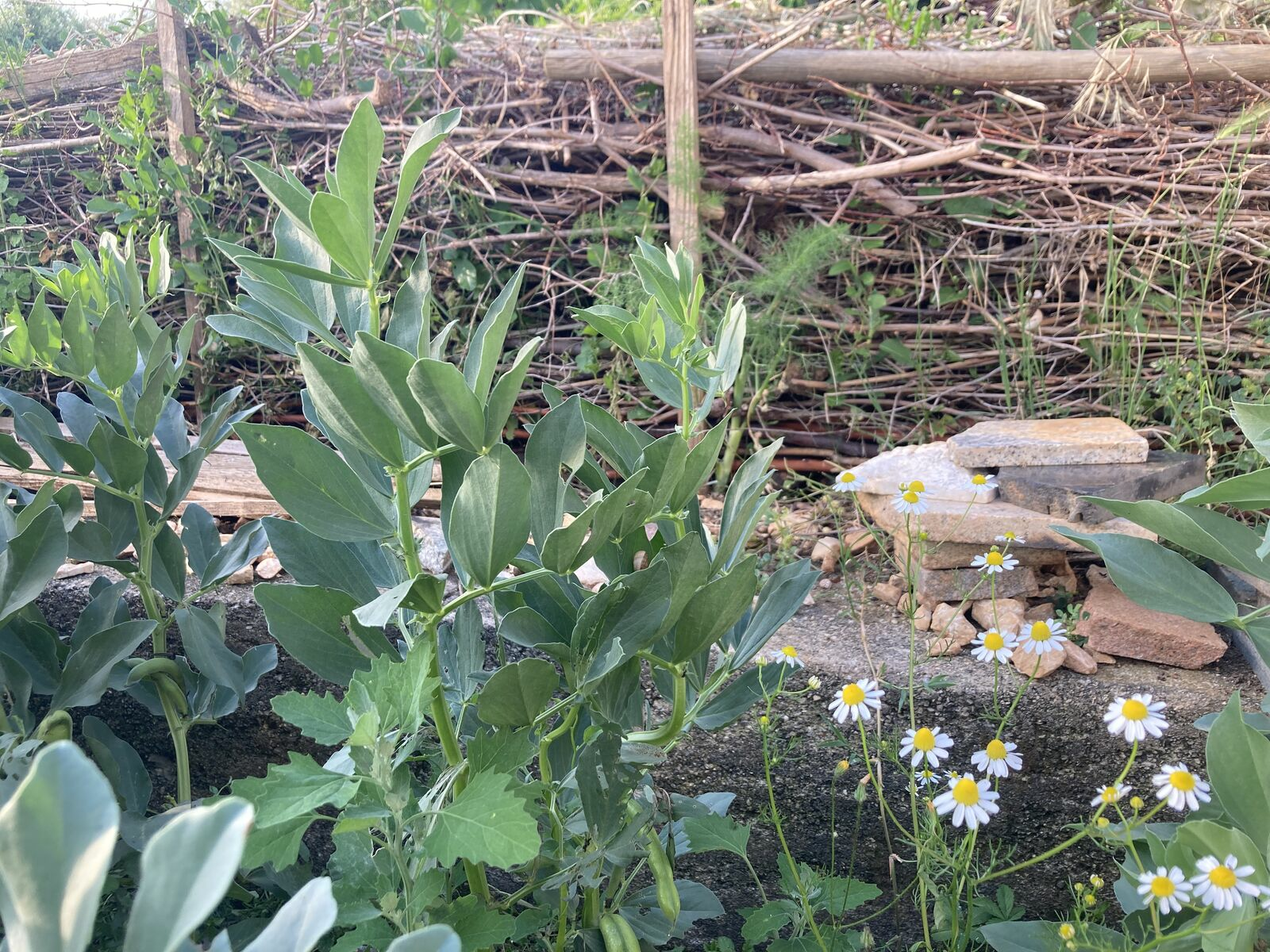
Create & Design a Permaculture Garden
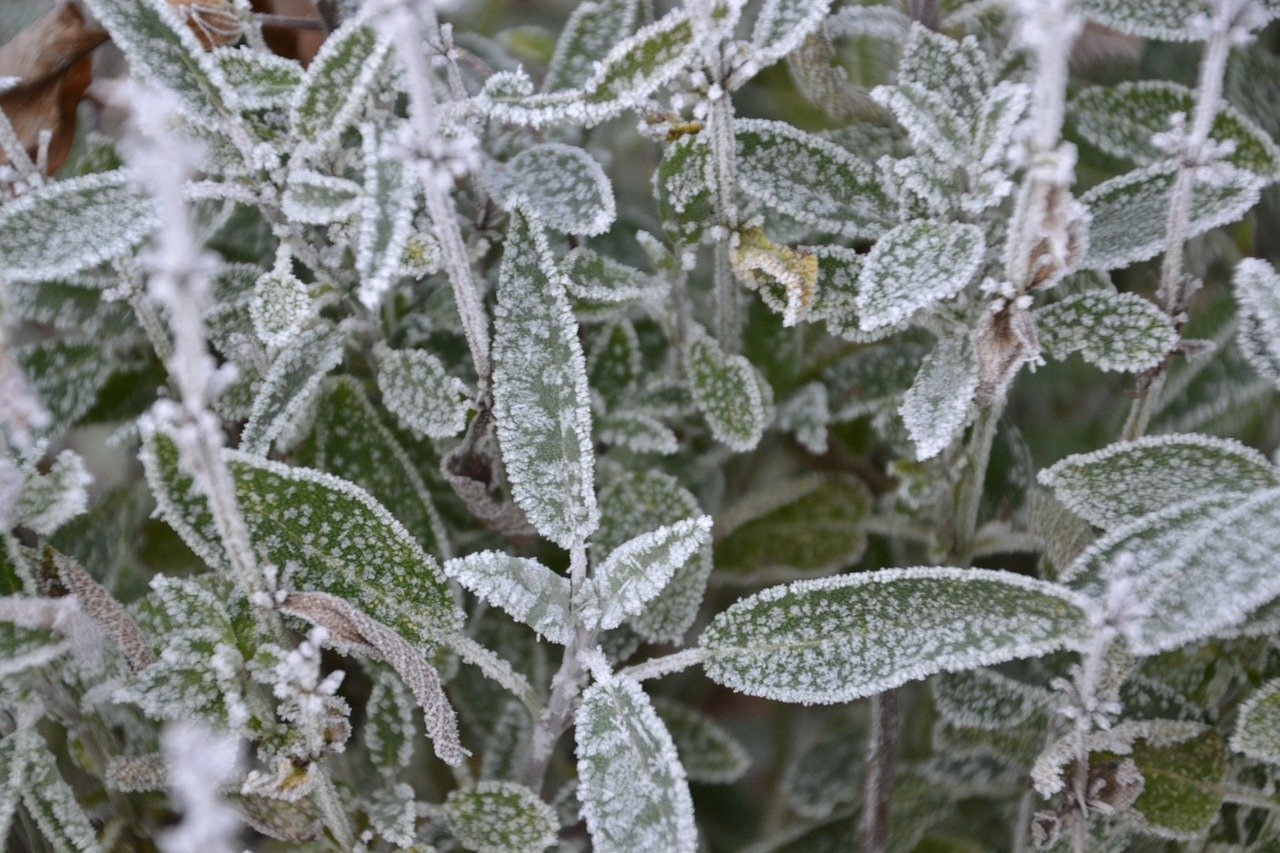
Overwintering Plants: Tubs, Pots and Raised Beds

Pruning, Fertilizing & Propagating Currants: Care Tips
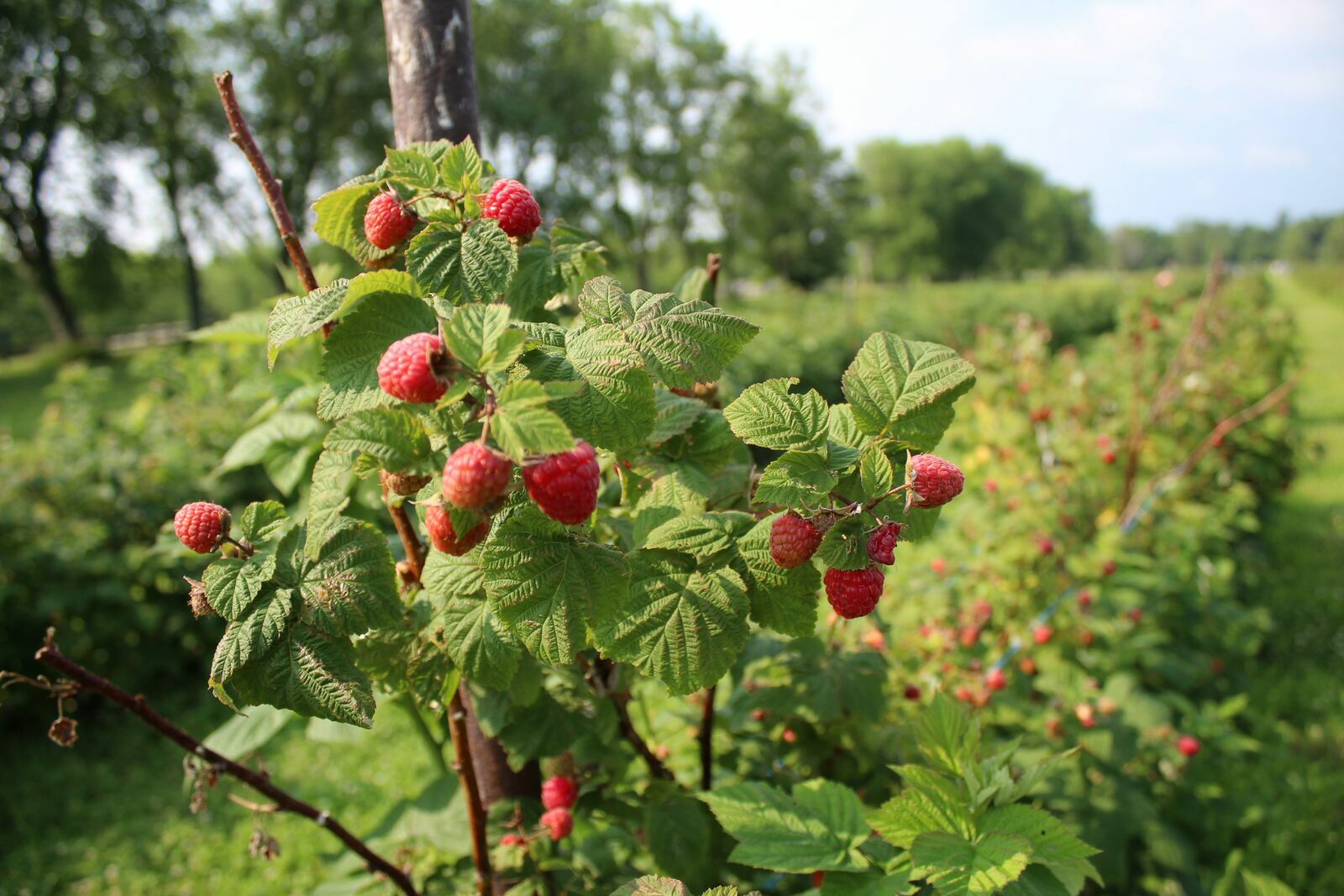
Pruning Raspberries: How to Do It
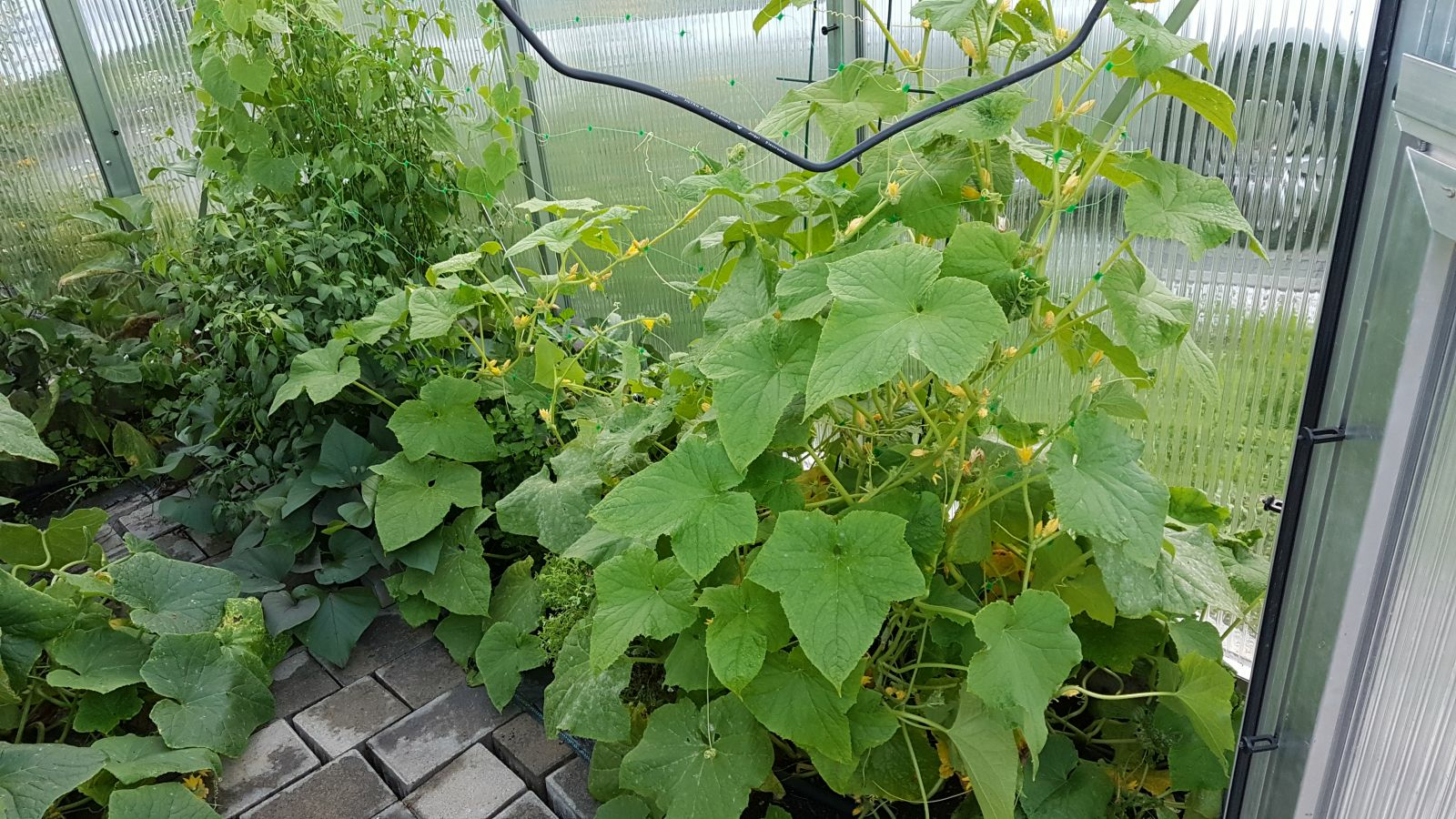
Vegetable Garden With Greenhouse: How to Use Greenhouse Effect
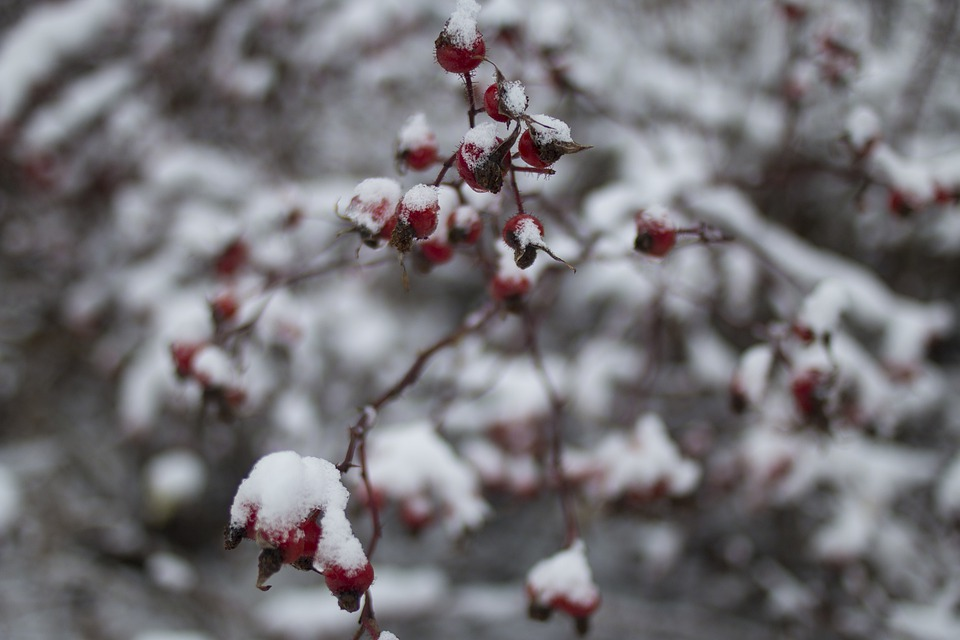
Winterizing Beds and the Garden: How to Do It
FAQ
What is not suitable for preserving?
Products containing gluten, nuts, fresh parsley, dairy products, seafood and oil, for example, are not suitable for preserving. However, you can boil down milk and dairy products as well as flour in solid masses such as cakes.
Can you preserve cakes and casseroles?
You cannot normally preserve milk and products containing gluten. However, you can preserve cakes and casseroles. The solid mass inactivates the fermentation and cakes can be preserved.
What are alternatives for preserving?
Alternatively, you can use gluten-free starches (e.g. corn), dried parsley or vegetable broth without gluten and barley malt extract.